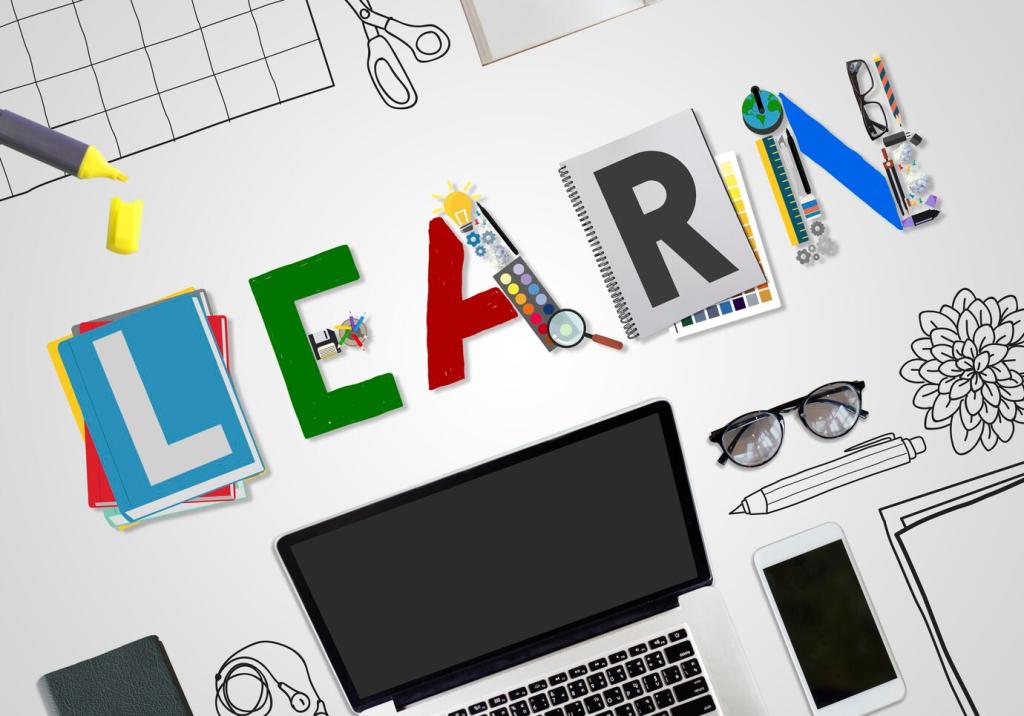Research Skills 101: Question, Verify, and Cite
Guide learners to convert big questions into targeted keywords, then scan headings and subheadings for alignment. Record new vocabulary in a glossary page. Comment with a recent question your child explored; we’ll suggest keyword variations.
Research Skills 101: Question, Verify, and Cite
Model verification by checking two encyclopedias and one primary source. Discuss differences and why they might exist. This practice builds intellectual humility. If you want a simple verification checklist, say “verify,” and we’ll craft one soon.










